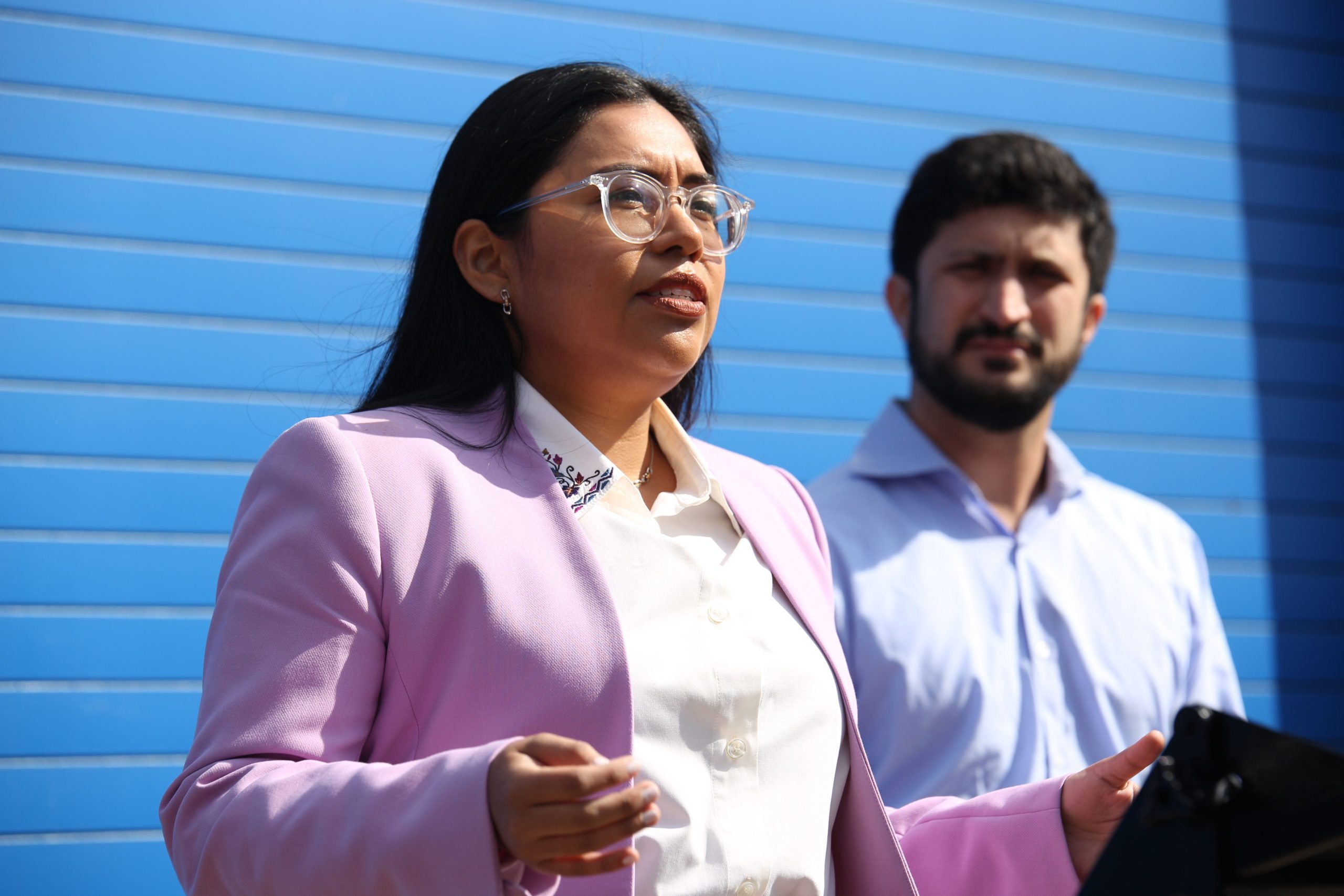Back in 2004, Henry Cuellar was running for Congress after a failed bid two years before, waging a bitter primary battle against San Antonio incumbent Ciro Rodriguez. By election night, it looked like the incumbent had narrowly held on and that Cuellar’s political career might be over. But after a contested recount, Cuellar ultimately prevailed by the razor-thin margin of 58 votes.
For the next 16 years, Cuellar ruled the roost of the Laredo-based 28th Congressional District as one of the most prominent conservative, anti-abortion, pro-business Democrats in the House. Then in 2020, he narrowly escaped a primary challenge from progressive attorney Jessica Cisneros.
Two years later, Cuellar found himself in another extremely tight rematch with Cisneros. His challenger’s campaign got off to a slower start than in 2020, when she quickly rallied support and funding from national progressives. Then, in late January, the FBI showed up at Cuellar’s Laredo home and campaign headquarters to confiscate property, reportedly as part of a sweeping investigation into Azerbaijani foreign influence-peddling.
From there, Cisneros’ campaign reignited and Cuellar was on the defensive up until primary day. When the first early vote totals were released Tuesday evening, it looked like Cisneros may be on her way to victory. She had won more than 70 percent of the vote in the Bexar County portion of the district while Cuellar’s support in his home base of Webb County had held steady.
The race grew tighter and tighter as the night wore on with many counties like Starr, Zapata, and Webb, which are favorable for Cuellar, slow to report their Election Day figures. Near midnight, both Cuellar and Cisneros were trading first place, right above and below the 50 percent threshold. In the early morning hours, it looked possible that Cuellar had actually managed a comeback and would hold onto his seat outright.
However, one major difference from the 2020 primary is that there was a third candidate in the field this time: Tannya Bennavides. As the night wore on, Bennavides’ share of the votes—nearly 5 percent—threatened to be enough to keep both Cuellar and Cisneros from clearing the 50 percent threshold.
By Wednesday morning, it was clear: Cuellar and Cisneros would have to duke it out for nearly three more months before voters would decide who will hold the seat in a late May runoff. With almost all votes recorded, Cuellar secured 48.5 percent to Cisneros’ 46.8 percent—a margin of just 807 votes.

Both campaigns tried to spin the results in their favor. “Today, we proved just how powerful our movement is and are ready to keep fighting for the future we deserve,” Cisneros said in a statement. “Together, we will take control back from Big Oil, private prisons, and Wall Street, and put it back where it belongs: with the people.”
Cuellar’s campaign released a statement Wednesday afternoon: “After winning the most votes and showing the largest amount of support, we will now move to a runoff election on May 24th and we are confident we will win.”
The runoff is likely to be an extremely low-turnout affair—and it’s not clear whom exactly that will benefit. Cisneros surged in the final weeks of the campaign, buoyed by major outside support. Can she maintain that level of momentum throughout the spring?
Cuellar, meanwhile, lost some outside financial support after the FBI raid, but still has a good deal of money in his coffers. The looming FBI investigation wasn’t enough for voters to give him the boot, but he may spend the next couple of months looking over his shoulder.
But as the Warden of Webb County has proven time and again, never count Henry Cuellar out.







